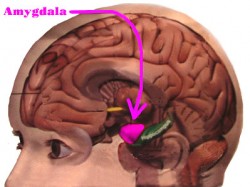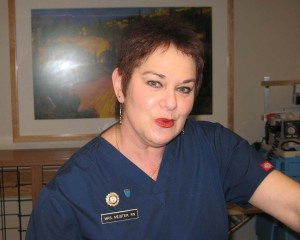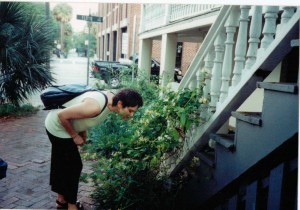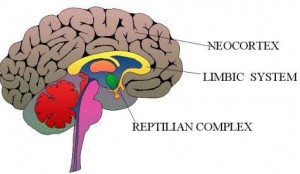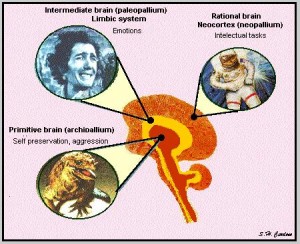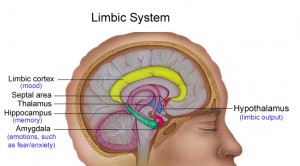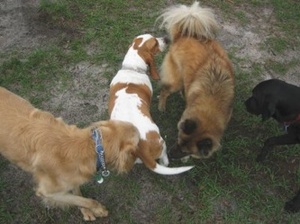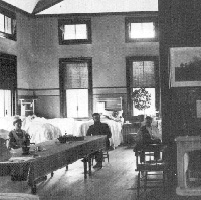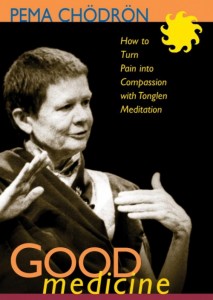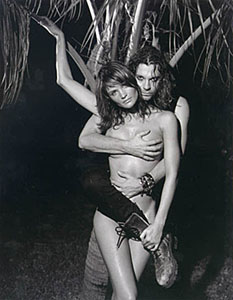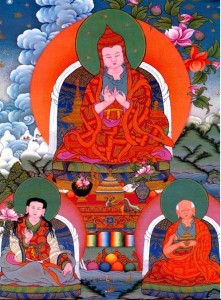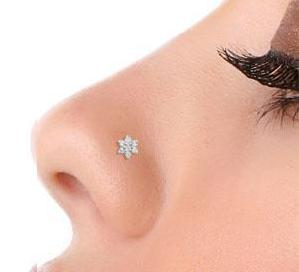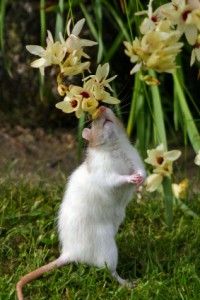For over 35 years I’ve earned my bread and butter working primarily in the fields of neuroscience and oncology.
I rarely believe in coincidence, so I reckon that this was the direct result of my reconciliation with my own amygdala.
“Why I smell “is more than a love paean to our primordial brain-
It is the very fabric of my life, and has given me the ability to render strange gifts into utilitarian, life-saving, even exquisitely pleasurable moments.
We don’t get to choose our gifts in life- no matter how paltry or odd they may be.
I don’t think I smelled because I wanted to, at first; I think I had to.
The employment of intense odor differentiation has proved to be one of the more useful fallouts of hypervigilance in my life.
And our brain?
I don’t want to insult your intelligence, or bore you senseless.
Nor will I pontificate like a Wanker Priestess 😉
Here’s a very brief overview of the parts of our marvelous, complex organ which pertain to my obsession:
The oldest area of our brain goes by the noble name archipallium-the primitive [reptilian, lizard] brain, involving these brain stem structures:
The medulla, pons, mesencephalon, the oldest basal nuclei- the globus pallidus, and the olfactory bulbs.
This area is so important for self-preservation, fight or flight.
As we evolved, the paleopallium , or old mammalian brain came to light : the limbic system, with its hippocampus, so responsible for both short- and long-term memory formulation; it controls our emotions, motivation- any number of functions.
[Think of the movie Memento– and you’re on the right track]
I adore my amazing amygdala- and yours, too.
That almond-shaped mass of nuclei seated deep within our medial temporal lobes is a wonder to behold; it’s responsible for storing memories associated with emotional events, memory consolidation, and fear conditioning.
Regarding smell-
I’ve been blessed with great color perception, but cursed with relatively crappy visual acuity, and this wasn’t picked up until I was in first grade.
By that time, I’d already developed some genuinely hypervigilant senses in order to compensate for this insufficiency.
Eyesight alone won’t do it all for you.
From a distance, if you can’t see the intention of the person approaching- then you need to hear it or smell it.
Cadence of a walk can reveal a great deal- through evaluating cadence, I developed an excellent sense of pitch.
However, more often than not, I needed to literally sniff out the intentions of the adults in my household.
I don’t mean the presence of coffee, cigarettes, or alcohol-
I mean violence, irritation [was it mild or extreme?], and abusive intent.
My well-being depended upon it; if only I could just get out of the way, or find somewhere else to go….or diffuse the situation somehow…
So it goes, and so it went.
It sounds like the mindset of many very young children who live in such households- Even if they look quite respectable from the vantage point of outside eyes.
I didn’t often manage to avoid harm, but I did learn a great deal about odor differentiation.
I learned about the odor of fear and anxiety– when someone was going to mug you, or beat you- but they were conflicted about it, how you could use that fear to your own advantage.
How fear smelled differently in humans than in animals, and what that portended.
Through this discovery, the possibilities seemed endless.
I could approach and befriend wounded animals, wild creatures, forestalling some elements of imminent danger.
I learned about the pheromonal signals of adult lust– not a friendly thing for children, but presaging pleasure as a grown woman- fortunately for me.
Some of the memories stayed buried until late in life; some were pure delight.
I wasn’t able to filter my olfactory information when it was convenient, and I still can’t.
What I was able to do, and am still, is to utilize it to inform my world.
At fourteen, I could walk into a diabetic’s room and determine how much sugar was in their urine by the odor.
At nineteen, one year into nursing education-
I spent the entire summer on a unit where all the women happened to have gynecological cancers.
There were lead-lined rooms, and lots of tears.
I rapidly learned to stage how far disease had progressed by the degree of heart-wrenching stench.
I soon determined what antibiotic you were on [and if it had been changed], what organism you were growing, etc.
Whether you were going to bleed internally, even if all the tests were negative.
[Plenty of young physicians pooh-poohed me, only to discover quite soon afterward that they wished they hadn’t.]
More subtle facets came to light. I became able to smell the pain of others, as well as feel it.
I insisted that people under stress smelled differently– another concept that was greeted with derision over 35 years ago [doesn’t that feel dated, by today’s standards?] .
All this smelling makes life very rich, highly complex, and at times simply excruciating.
The good part?
It’s utterly bewitching, eternally fascinating– and I’m very slow to fatigue, olfactorally speaking. I can sniff all day long- no headache, little olfactory fatigue 😉
This is great when I’m attending a scented event, or working with perfumers for extended lengths of time.
Outside of gangrene– my least favorite odor in the world –
I find all aromas of intense interest and worthy of consideration and curiosity.
[Hell, if I’m pressed…I do think gangrene is fascinating, if nauseating!]
I adore being able to explore my environment, the natural world and the unnatural world, through my nostrils.
I enjoy giving pleasure to others immensely via discerning what pleases them- and we know how closely linked taste and aroma are.
The downside?
There is no escape.
[When pregnant, it’s a nightmare ;-)]
I am aware of all the various layers of intent, panic, and distress which surround me.
While I’m able to help try to right whatever is ailing someone, I can’t turn my nose off.
I receive information about others that I would often prefer not to have; it’s like being deafened by odor and information which you’re not actively seeking.
When combined with that immediate peripheral vision aspect [where you receive random information without actually hunting for it], daily life can become exhausting very quickly.
Sometimes, closing my eyes helps, so that I can filter things somewhat.
That, and Tonglen meditation [compassionate meditation] is helpful in circumstances where I’m commuting on a crowded bus or train-
Or more recently, when one young patient was in the terrifying throes of a full-blown temporal lobe seizure, and inconsolable.
Tonglen also helps with distressed babies and animals.
All of this smelling isn’t all bad, is it?
In perfumery, as in cuisine, odor differentiation has enabled me to deconstruct foods and fragrances. My friends and family have been the willing beneficiaries of that peculiar gift 😉
I’m NOT FOOLPROOF! Not by any means…
But these bizarre attributes most definitely contribute to great pleasure in life.
Think about it.
INXS’s lead singer, Michael Hutchence committed suicide after an accident left him anosmic, leading to severe anhedonia and immense depression.
How was life worth living, with no taste or smell to it? As a voluptuary to whom taste and smell heightened his constant need for stimulation?
His fate could befall many of us.
And a damaged amygdala?
No one ever plans to be traumatized in a significant way.
Studies show that damage is clearly inflicted on the amygdala from trauma and conditioning, through fear and/or violence.
However: compassionate meditation has been shown to be very beneficial to the amygdala [on imaging] – especially if it shows signs of trauma conditioning.
The more advanced the practitioner- the more significant the results; how wonderful to have such hope for many who suffer and crave recovery.
So, I beg you all: love your nose.
[I recently ‘rewarded’ mine by idiotically attempting to pierce it myself- and then requiring the good folks at Chameleon Tattoo in Harvard Square to finish my botch job ;-)…]
I refer to my piercing as my ‘nose candy’
Life is brief, brutal, and beautiful…take the time to breathe in your world-
All of it.
May many years of brilliant sniffage befall you, dear friends.
Remember- the more you utilize your fifth sense, the longer it remains acute!
–Ida Meister, Senior Editor

